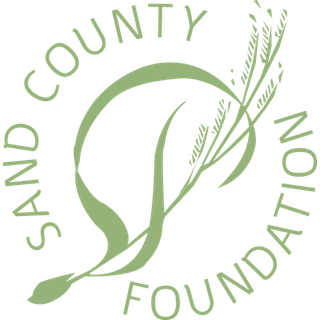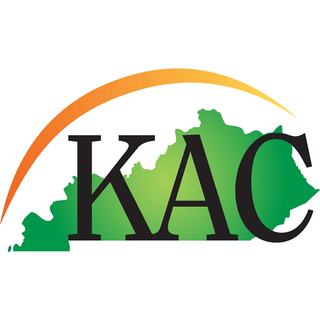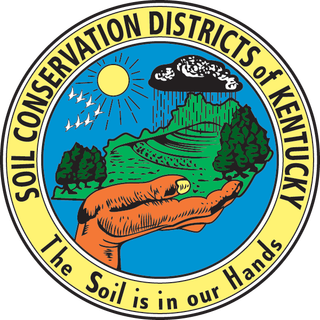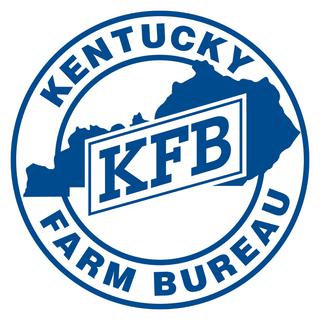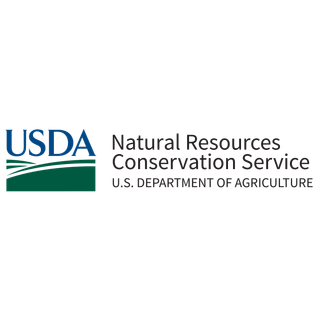While growing up in Hickman County, Jerry Peery operated a tractor on his father’s farm at the age of seven. He farmed side-by-side with him during his teenage years, and began farming on his own after graduating from high school in 1957.
Jerry and Valarie still live and farm on the first piece of land they bought together in 1967. By purchasing other farms, their Springhill Farms operation grew to about 1600 acres of cropland, with 200 additional acres of unplanted land, and 300 acres of rented farmland.
Consistently seeking out new technologies and methods for improving their row crop operation, the Peerys began experimenting with no-till farming more than 40 years ago, before many farmers had considered it. They adopted a 100 percent no-till practice in the mid-1980s.
Dedication to conservation, especially soil health and water quality, led the Peerys to plant different varieties and blends of cover crops after harvest to protect the land from erosion while putting nutrients and organic matter into the soil. By constructing grass waterways and filter strips on the farm, they control gully erosion and filter rainwater runoff to protect water quality and limit soil erosion while reducing time and resources required to prepare fields for crops production.
These conservation practices, combined with the use of precision farming technologies to manage inputs like seeds and fertilizer, have lowered overall operating costs while increasing crop production. At the same time, valuable habitat and forage has been maintained for many species of wildlife.
Through their lifelong work, the Peerys are leaving a conservation legacy for generations to come. They teach their belief that it is their moral and spiritual responsibility to do everything they can to leave the land in better condition than when they began farming it.
